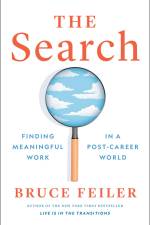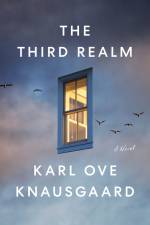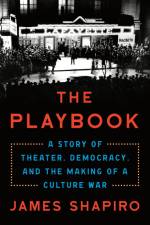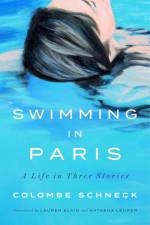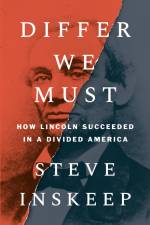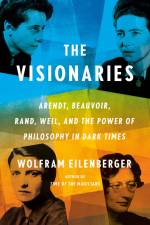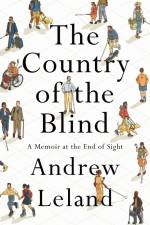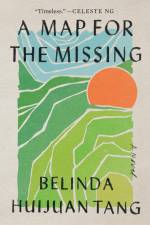av Karl Ove Knausgaard
295,-
“The people in The Third Realm are as vivid and convincing as Knausgaard’s autobiographical persona . . . Enthralling . . . you can’t stop reading.” —Lev Grossman, The Atlantic“One of the most genuinely suspenseful, alluring books I’ve ever read. Novel by novel, Knausgaard is replenishing some feral charge to the world.” —Brandon Taylor, The Washington PostFrom bestselling author Karl Ove Knausgaard, a kaleidoscopic novel about human nature in the face of enormous change—and the warring impulses between light and dark that live in all of usFor several days, a strange and bright new star in the sky above Norway has sown an unyielding sense of foreboding, of agitation, and of fear. Tove, a painter on holiday with her family, has spiraled into a psychosis that stirs her into a flurry of unbridled creativity. Geir, a policeman who has been investigating a grisly triple murder, comes to a sinister revelation he must keep to himself. Nineteen-year-old Line falls in love with the lead singer of a metal band and is lured into a secret and frightening world.But most bewildering, and disquieting, is the discovery made by Syvert, an undertaker: since the star has appeared, no one has died.In The Third Realm, Karl Ove Knausgaard returns to the spellbinding world of The Morning Star and The Wolves of Eternity, as a cast of new and familiar characters continue to reckon with the meaning of this star. What is haunting them, and why?As supernatural forces collide with the mundanities of everyday, and the threshold between life and death becomes diffuse, people are forced to live their lives as before while the world around them slowly changes in inexplicable ways. Piercing through human existence into the bestial and phantasmagorical, Knausgaard flings opens the gates to our most distressing neuroses and forces us to ask: What happens if the dark forces in the world are set free?

